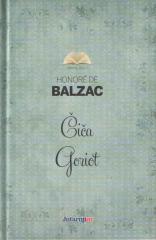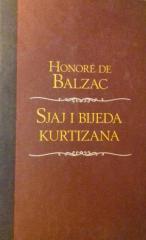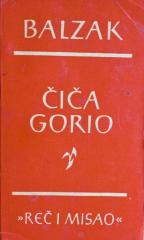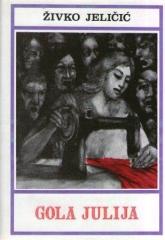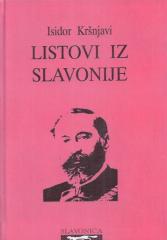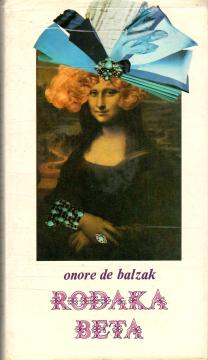
Rođaka Beta
Roman daje presjek obiteljskih odnosa u piščevo vreme. Mnogi muškarci su varali svoje supruge, da bi uživali u nekim zadovoljstvima za jednu noć. Nisu ni slutili da su njihove supruge zbog toga imale psihološke traume.
Ovaj roman govori o razuzdanom životu Parižana. Roman nam pokazuje kako izgleda život starca koji živi bludničkim životom. Spava s Valerijom, a izdaje Adelinu, koju kasnije uvjerava da je još voli; ali izdaja je izdaja. Ona to ne može obijeliti, a ipak ga, kao neke žene, još voli; ženski je instinkt voljeti muškarca s kojim je tako dugo u braku.
Ali i Valeria živi razuzdan život, samo na malo drugačiji način. Mnogima govori, među ostalim, i jednom Brazilcu, izvjesnom grofu, da je zaljubljena u njih; svakoga tuče, svakoga tretira kao svog budućeg muža. Kako je to moguće? Moguće je da se. Ta je žena svojom ljepotom i lukavstvom vješto kontrolirala četvoricu muškaraca čija je sudbina ovisila o njoj. Zato je Balzac sveobuhvatan pisac.
Obitelj o kojoj Balzac piše potpuno se raspada. To nije ni financijsko propadanje ni pretjerano duhovno. To je propadanje zbog izdaje, laži, prijevare. Takav su život vodile mnoge visoke ličnosti Pariza, a Balzac ga je sjajno prikazao. Rođaki Beth, koja je u početku bila pomalo osvetoljubiva, bilo je jako žao zbog svega toga: željela je pomoći, svim srcem, iako je dolazila iz ne tako bogate sredine.
Balzac je ovim romanom prikazao lažnu ljubav, a s druge strane, da bi postigao efekt tragičnije priče, uveo je u roman ljude pune dvoličnosti, vlastoljublja i sebičnosti. Sam pisac kaže: "Razvratnici, ti kopači zlata, krivi su kao i drugi zločinci koji se strože kažnjavaju od njih." To znači da razvratnicima smatra razbojnike koji ljudima uporno otimaju ljudski moral, dostojanstvo i poštenje. To su ljudi kojima ljubav, prava ljubav, koja uključuje međusobnu toleranciju i poštovanje, ne znači ništa. Kroz likove koji u sebi nose ljubav, ali neotkrivenu i zbog toga zapostavljenu, Balzac pokazuje da je razuzdanog života bilo i uvijek će ga biti. Zato je ovaj roman, između ostalog, poruka ljudima da upoznaju sebe i svoju osobnost, svoje potrebe i zadovoljstva te da otkriju sami sebe.
One copy is available
